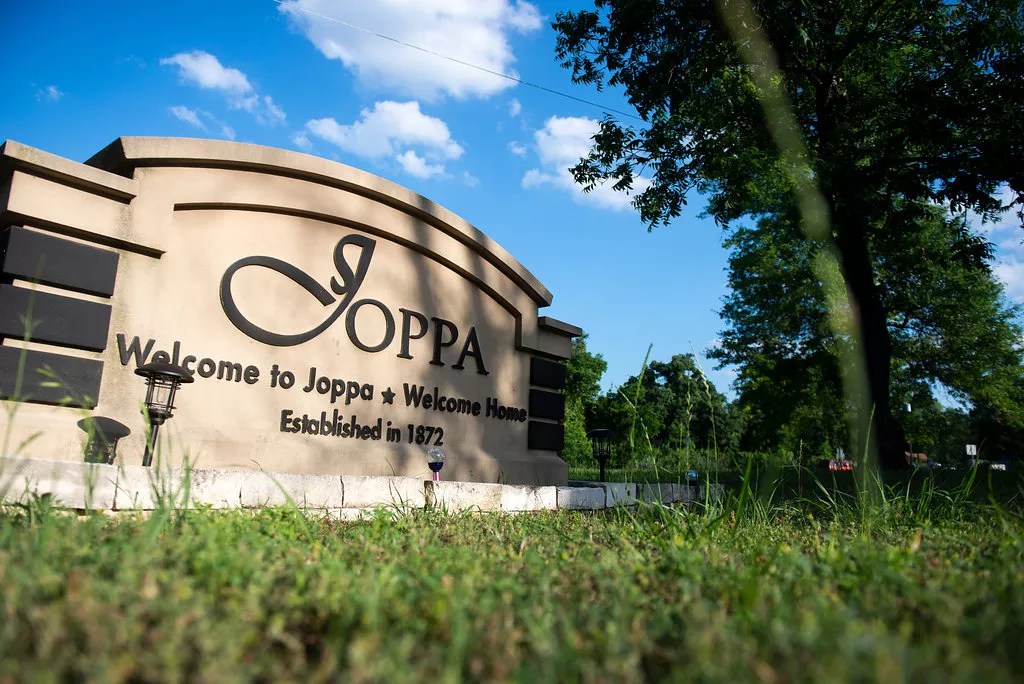
Brian Maschino

Audio By Carbonatix
Dallas has become renowned for the speed of new development and regional growth, outgoing City Manager T.C. Broadnax said in a letter about the city’s new historic and cultural preservation plan. Building anew and putting value on the ground has captured attention and dominated the city’s story in recent times.
“People believe it is easier to start from scratch,” Broadnax’s letter said. “If you are a student of preservation, you know that there is simply more to the story. Preservation is not an impediment to development, but rather an asset to be activated to amplify the stories that have gone untold and, consequently, chart an equitable, prosperous future for all residents of Dallas.”
The city approved its new historic and cultural preservation plan last month. It discusses, in part, how to preserve the history and culture of undesignated historic neighborhoods, such as West Dallas, South Dallas, the freedman town Joppa (sometimes spelled Joppee) and Five Mile, which are all facing pressures of gentrification and new construction.
For years, West Dallas resident Ronnie Mestas has watched history be erased in his community. “We had buildings destroyed, bulldozed overnight,” he said. For example, a property formerly owned by the family of outlaw Clyde Barrow was demolished in 2022 after some residents tried saving it. “If you really want to tell the truth about history, there’s a good and a bad, and West Dallas had both,” Mestas said. “Of course, the first thing that pops up in everybody’s mind is Bonnie and Clyde.”
“If you really want to tell the truth about history, there’s a good and a bad, and West Dallas had both.” – Ronnie Mestas, West Dallas resident
But there are other historic structures in West Dallas that have nothing to do with Bonnie and Clyde that deserve preservation, too, Mestas said. That’s why he’s ultimately happy and supportive of the new city plan to preserve its history and culture.
“We’re going through so many changes so fast that the community sometimes doesn’t keep up with all that,” he said. “It’s hard to get information out to our community to keep up with some of the changes, but this plan gives us at least some kind of bite.”
The Mission: Preserve Dallas’ Culture
There are several goals laid out in the city’s plan, but it’s centered on establishing a clear mission and vision for the city’s role in preserving history and culture. Part of the plan is to update city policies and practices to ensure programs are accessible to everyone and are serving historically marginalized communities, low-income communities and communities of color.
Some of these goals pertain directly to the current historic preservation program in the city, while others define separate programs and activities to be taken on by various city departments that deal with cultural neighborhoods and recognition of underrepresented communities.
More staff and funds inside and outside the historic preservation office will be required for the plan to be most effective, Jennifer Brown, a spokesperson for Dallas, said in an email.
“It is also essential to have ongoing support and collaboration from the community, preservation organizations, city departments, and appointed and elected officials,” Brown wrote. “There also needs to be continued and sustained support by the city to further promote the important role preservation plays in economic development and neighborhood revitalization.”
Brown said additional staff, resources and participation from other departments will enable the city to act on historic preservation matters more effectively and quickly. But it’s uncertain whether staff will get these additional resources. City Council member Cara Mendelsohn said at a meeting last month that Dallas lacks the resources to carry out the plan. “We don’t have the budget to add in three additional staff in this area, and I’m not sure why it needs to be part of the plan,” she said.
In the absence of such a plan, historically significant buildings have been lost through demolition, neglect or lack of maintenance and access to resources.
The plan poses two key questions: How can the city better serve historically marginalized neighborhoods struggling with disinvestment, but also with development pressures and displacement? And how can the city help preserve the history and culture of communities whose homes were systematically erased by highway construction and blight removal?
Dallas also seeks to find ways to help preserve historic communities without historic structures attached to them.
Shalondria Galimore, president of the Joppee Neighborhood Association, was selected to be on a steering committee for the new plan. “Having a seat at the table finally gave Joppa a voice as it pertains to its history,” Galimore said. She said the plan will have a positive impact on the community. “The historic freedman’s town has sustained itself for 152 years,” she said. “It still remains a marginalized community. However, a plan like this will develop a process guideline for assessing current conditions of neighborhood infrastructure and land services for communities like Joppa.”
If the plan is implemented the way it should be, Galimore thinks it will be beneficial for the city as a whole. There have been negative repercussions for the community without such a plan.
“Gentrification has already begun, infrastructure is sub par, and developers have carte blanche – ultimately changing the fabric of the community,” Galimore said. “With no protection, this is what Joppa has to look forward to.”